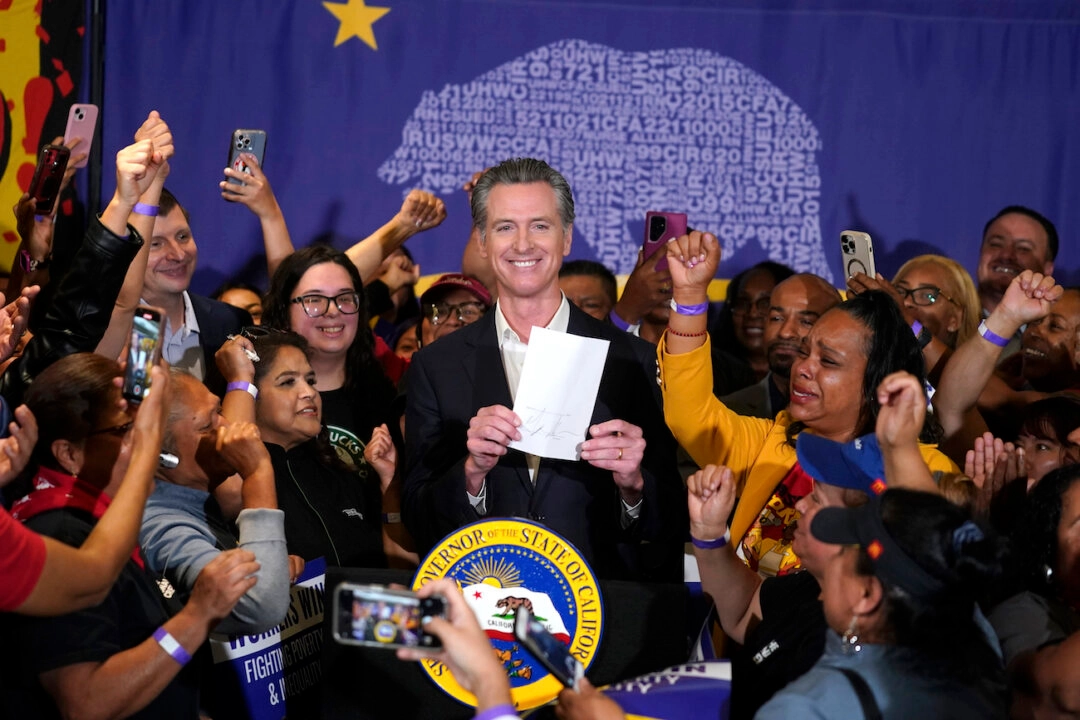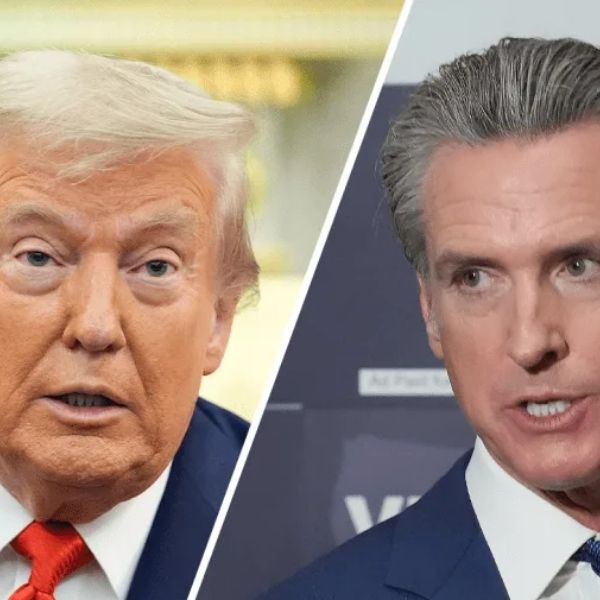The State Department plans to launch a pilot program that could require some applicants for business and tourist visas to pay a bond of up to $15,000—an amount that could make visiting the U.S. unaffordable for many.
According to a notice set to be published Tuesday in the Federal Register, the program would run for 12 months and target individuals from countries with high visa overstay rates or poor internal document security. These applicants may need to post bonds of $5,000, $10,000, or $15,000 when applying for a visa.
The proposal aligns with broader efforts by the Trump administration to tighten visa rules. Just last week, the State Department announced that many individuals renewing their visas would now need to attend an in-person interview—a requirement that was previously waived. The department also proposed requiring applicants for the Visa Diversity Lottery to present a valid passport from their country of citizenship.
A preview of the bond notice appeared Monday on the Federal Register website. It stated that the pilot program would begin within 15 days of its formal release and aims to protect the U.S. government from financial losses if visitors overstay or violate their visa terms.
“Aliens applying for visas as temporary visitors for business or pleasure and who are nationals of countries identified by the department as having high visa overstay rates, where screening and vetting information is deemed deficient, or offering citizenship by investment, if the alien obtained citizenship with no residency requirement, may be subject to the pilot program,” the notice said.
Once the program takes effect, the department will list the specific countries involved. Officials noted that bond requirements may be waived depending on each applicant’s situation.
This new rule would not affect citizens from countries enrolled in the Visa Waiver Program, which allows stays of up to 90 days for business or tourism. Most of the 42 participating countries are in Europe, along with others from Asia, the Middle East, and elsewhere.
Although the idea of visa bonds has come up in the past, it has never been implemented. The State Department has historically opposed it due to the complexity of collecting and returning bonds, along with concerns about how the public might perceive such a requirement.
However, the department now argues that there’s no recent evidence to justify those concerns, noting that visa bonds haven’t been generally used in recent years.















Leave a Reply